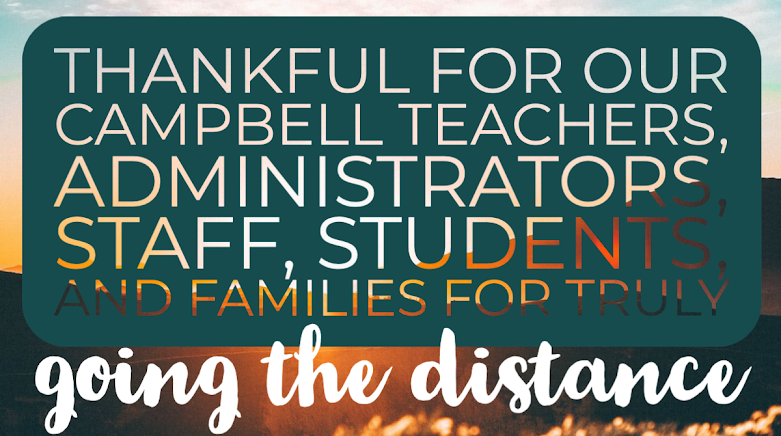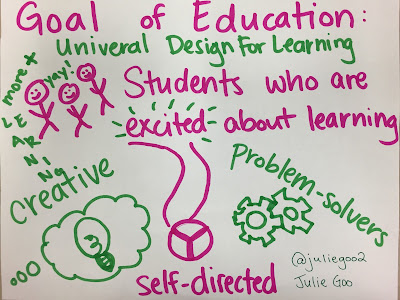Reflections on the 2019 - 2020 School Year

As our 2019 - 2020 school year came to a close last week, I've started to reflect on all of the changes and transformations that took place. In the summer of 2019, I welcomed my second daughter into the world and really grew as a mother during my maternity leave this fall. When I returned in the winter, I was excited to continue my work as our district STEAM Innovation Coach. January and February were filled with moments of impact, but perhaps nothing quite as transformative as what March had in store. I'll never forget the day of Friday, March 13th, 2020. My colleagues and I had spent that morning teaching 8th grade social studies classes and were coming together to debrief the lessons during lunch. The governor had just announced that due to COVID-19, schools would be closed for the next three weeks and that would lead into our spring break, making it four weeks. We had so many questions of what would happen over the next three weeks: Would we be coming into the office? What ...


